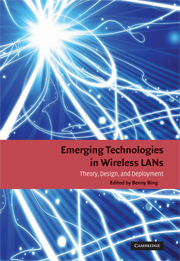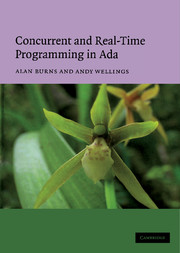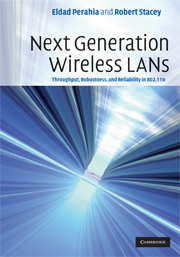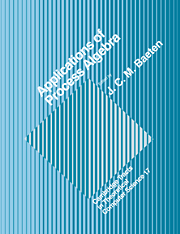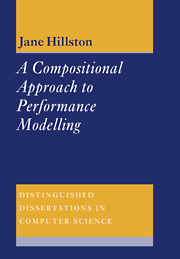Definition
This book is about process algebra. The term ‘process algebra’ refers to a loosely defined field of study, but it also has a more precise, technical meaning. The latter is considered first, as a basis to delineate the field of process algebra.
Consider the word ‘process’. It refers to behavior of a system. A system is anything showing behavior, in particular the execution of a software system, the actions of a machine, or even the actions of a human being. Behavior is the total of events or actions that a system can perform, the order in which they can be executed and maybe other aspects of this execution such as timing or probabilities. Always, the focus is on certain aspects of behavior, disregarding other aspects, so an abstraction or idealization of the ‘real’ behavior is considered. Rather, it can be said that there is an observation of behavior, and an action is the chosen unit of observation. Usually, the actions are thought to be discrete: occurrence is at some moment in time, and different actions can be distinguished in time. This is why a process is sometimes also called a discrete event system.
The term ‘algebra’ refers to the fact that the approach taken to reason about behavior is algebraic and axiomatic. That is, operations on processes are defined, and their equational laws are investigated. In other words, methods and techniques of universal algebra are used (see e.g., (MacLane & Birkhoff, 1967)). To allow for a comparison, consider the definition of a group in universal algebra.
